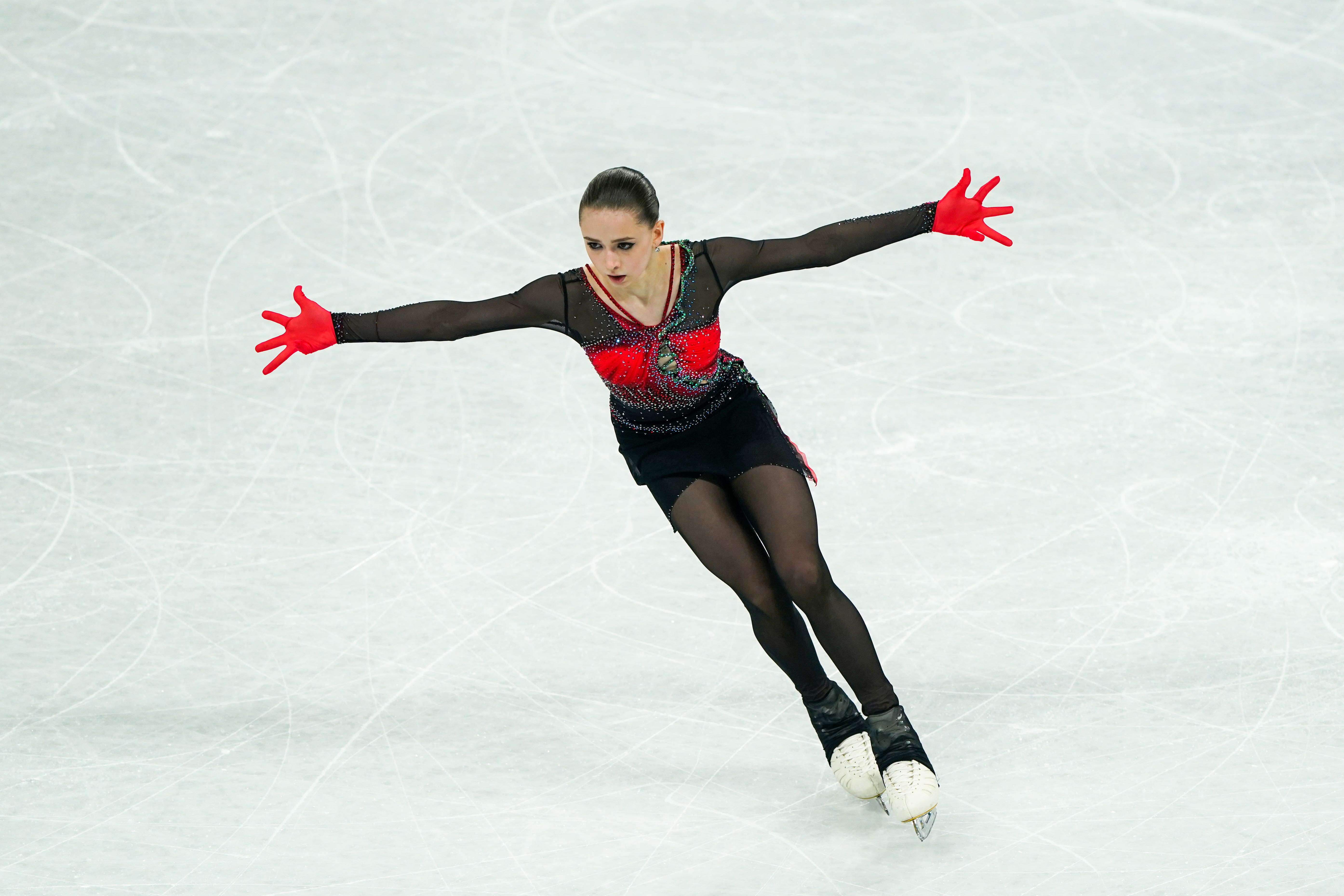CAS: Impossible to put timescale on final decision in Kamila Valieva doping case
The medals for the team competition at the Winter Olympics in Beijing, in which Valieva helped Russia win gold, are still to be awarded.

Your support helps us to tell the story
From reproductive rights to climate change to Big Tech, The Independent is on the ground when the story is developing. Whether it's investigating the financials of Elon Musk's pro-Trump PAC or producing our latest documentary, 'The A Word', which shines a light on the American women fighting for reproductive rights, we know how important it is to parse out the facts from the messaging.
At such a critical moment in US history, we need reporters on the ground. Your donation allows us to keep sending journalists to speak to both sides of the story.
The Independent is trusted by Americans across the entire political spectrum. And unlike many other quality news outlets, we choose not to lock Americans out of our reporting and analysis with paywalls. We believe quality journalism should be available to everyone, paid for by those who can afford it.
Your support makes all the difference.Kamila Valieva’s figure skating fate could remain unresolved until at least the end of the year after the Court of Arbitration for Sport announced it will hear simultaneous appeals at its head office in Lausanne in September.
It is over 16 months since Valieva learned she had tested positive for the banned heart drug Trimetazidine at the Winter Olympics in Beijing, and medals for the team competition, in which the then 15-year-old helped Russia win gold, are yet to be awarded.
The International Skating Union (ISU), the World Anti-Doping Agency (WADA), and the Russian Anti-Doping Agency (RUSADA) filed separate appeals in the wake of a RUSADA disciplinary commission finding in December that Valieva had committed an anti-doping violation for which she bore “no fault or negligence”, and would not face sanction.
The ISU and WADA both wish to sanction Valieva with a period of ineligibility from the date of the infraction, December 2021 – the case of the latter, four years – both of which appeals would result in the disqualification of Russia from the team event.
Bizarrely, RUSADA has also appealed against the findings of its own disciplinary commission, wishing to reserve the right to sanction Valieva accordingly, although such a sanction could still involve a mere reprimand.
The meeting instigated by the CAS will take place between September 26 to 29, pursuant to which all parties would have the right to lodge an appeal to Swiss prosecutors within 30 days, and CAS confirmed that “it is not possible to indicate when the final decision will be announced”.
Valieva learned one day after helping her team to gold in Beijing that she had returned a positive sample from a test taken at the Russian Championships in December 2021, but that the result had been delayed due to a Covid outbreak at the Swedish laboratory.
Despite appeals, Valieva was allowed to continue competing in Beijing, but under intense scrutiny she fell twice during the final evening of the women’s competition, and slipped tearfully out of medal contention.
Her traumatic experience drew a remarkable intervention from International Olympic Committee president Thomas Bach, who criticised members of Valieva’s team, including her coach Eteri Tutberidze, for their “tremendous coldness”.
The ISU announced earlier this month that it was extending its ban on Russian and Belarussian athletes competing in international competitions due to the invasion of Ukraine.
However, Valieva continues to compete in Russia, and last year debuted a new routine that included excerpts of news reports about her drug test, and concluded with her referencing the media storm by drawing a hood across her face.